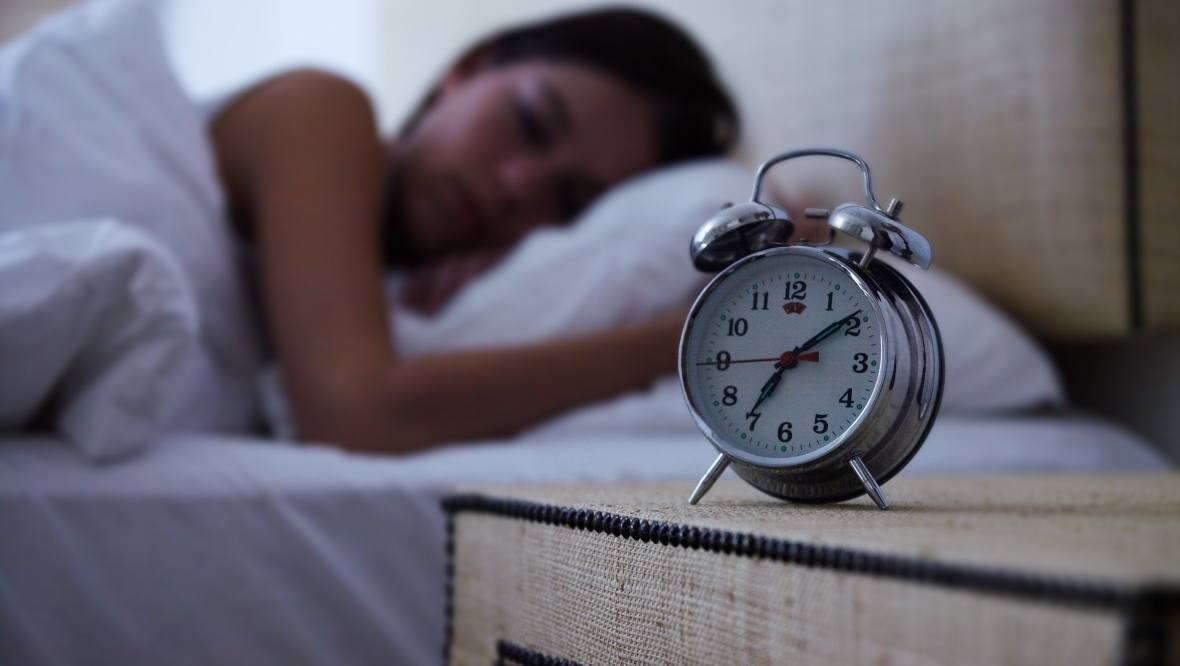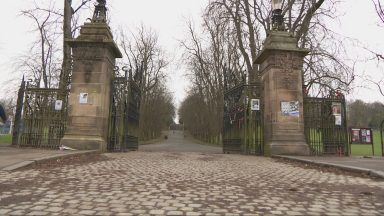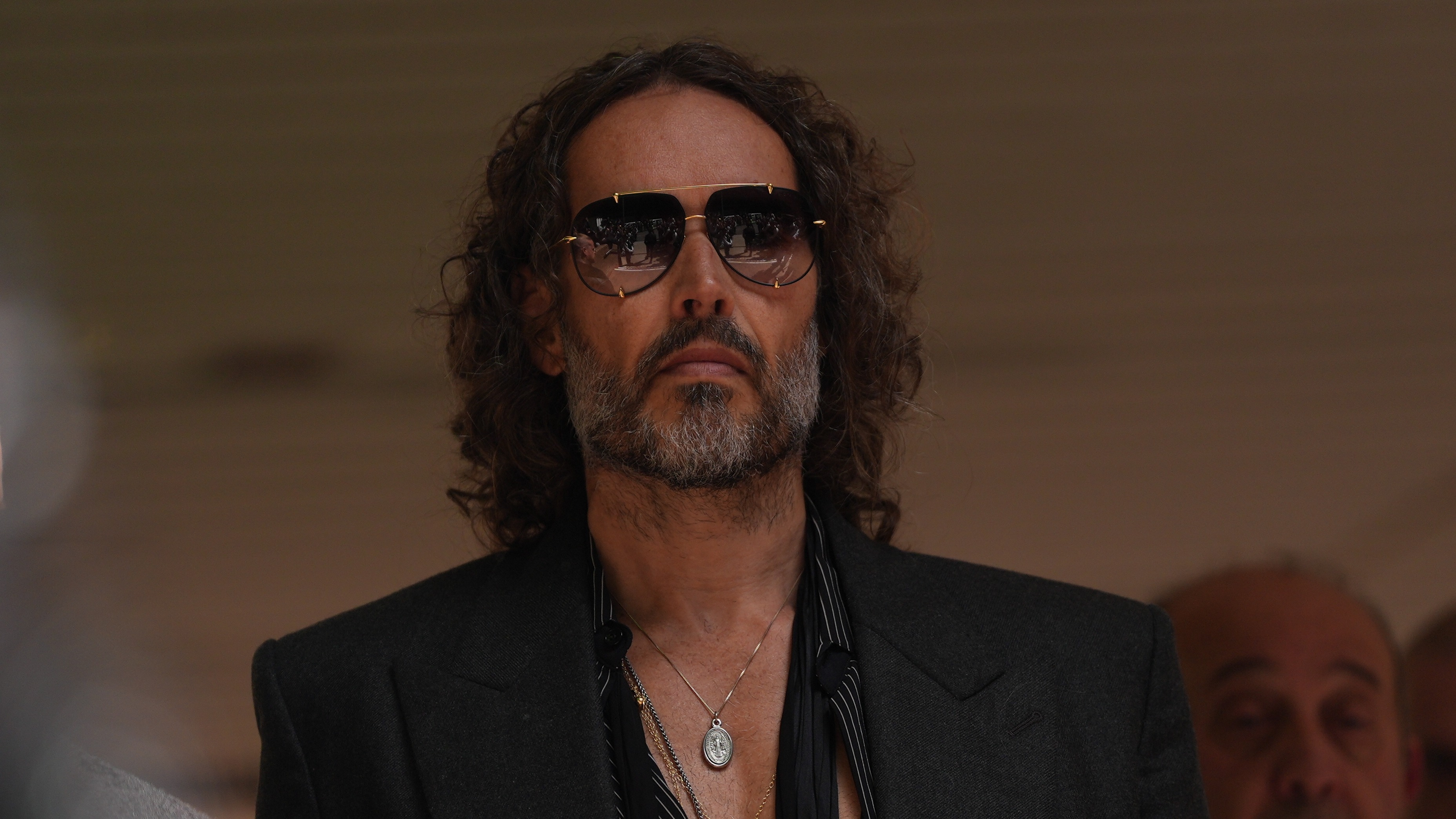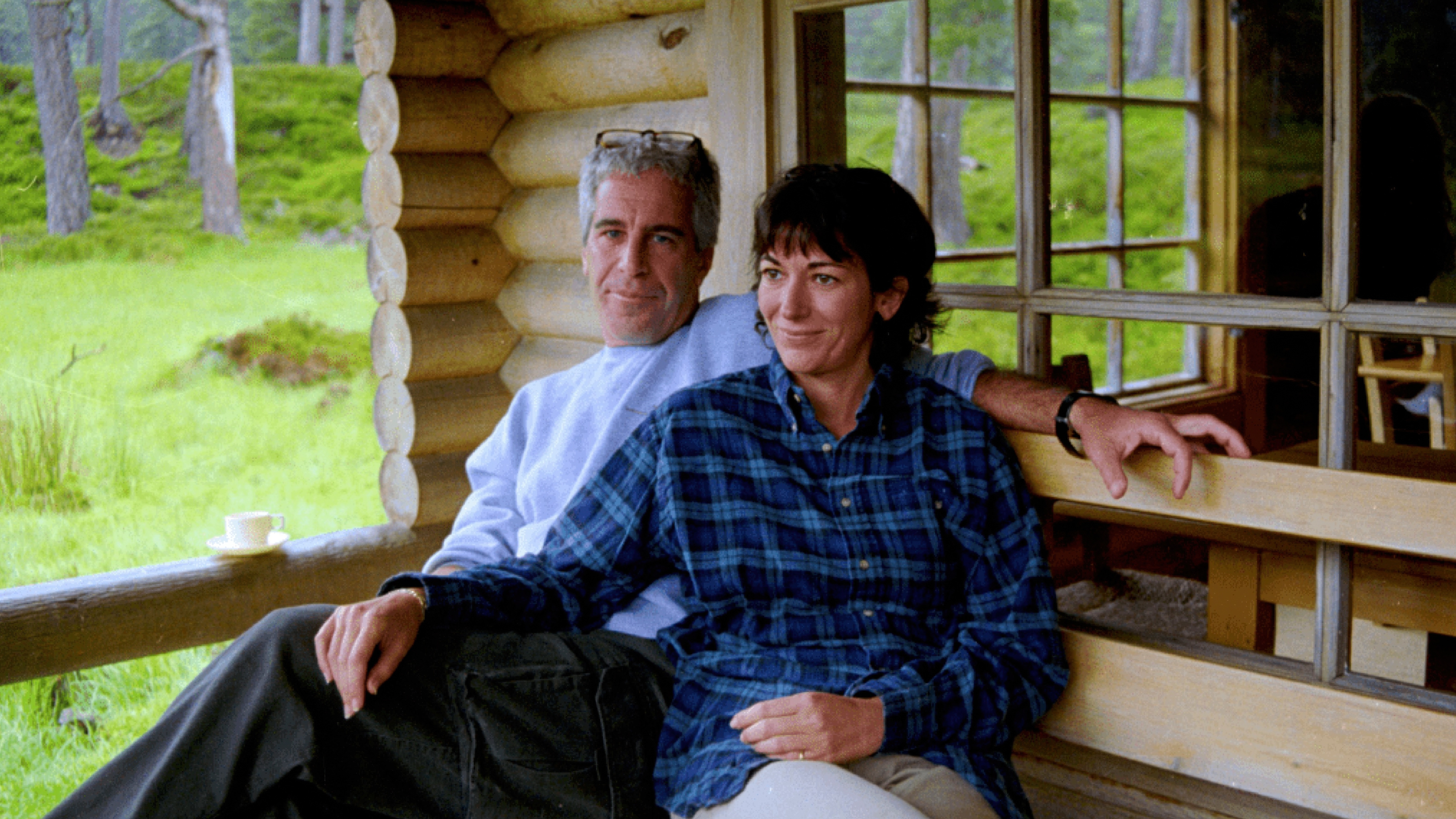The Government must abolish the UK’s twice-yearly clock changes because they are harming the nation’s sleep, researchers have said.
Members of the British Sleep Society (BSS), a professional organisation for medical, scientific and health workers, said evidence clearly shows that natural daylight in the morning is good for sleep patterns, while changing the clocks has a negative impact.
They argue circadian rhythms – the physical, mental, and behavioural changes we experience over 24 hours – are most impacted by clocks moving forward in the spring.
The society has issued a statement, published in the Journal of Sleep Research, saying it “strongly recommends” that Greenwich Mean Time (GMT) – when clocks go back – runs throughout the year.
The call comes as clocks are due to go back this weekend.
In the UK, the clocks go forward one hour at 1am on the last Sunday in March, and back one hour at 2am on the last Sunday in October.
The period when the clocks are one hour ahead is called British Summer Time (BST) and sometimes called Daylight Saving Time.
When the clocks go back, the UK is on GMT, also known as Standard Time.
The statement comes from academics from across the UK, led by Dr Megan Crawford of the University of Strathclyde, Dr Eva Winnebeck of the University of Surrey, and Professor Malcolm von Schantz of Northumbria University.
Prof von Schantz said GMT “aligns closely with the natural light-dark cycles of the day and night” and “natural daylight in the morning is crucial for maintaining an optimal alignment of our body clocks with day and night, which is essential for optimal sleep and overall health”.
He added: “Restoring permanent Standard Time (GMT) would mean our clocks would be closely aligned to solar time, and while it would mean earlier sunsets in the summer, there would be additional benefits to health from improved sleep and circadian alignment due to increased exposure to morning sunlight from autumn to spring.”
Dr Winnebeck said: “What we often don’t realise is that Daylight Saving Time (BST) changes our schedules, moving them forward by one hour while daylight remains the same.
“It forces us all to get up and go to work or school one hour earlier. In seasons with fewer daylight hours such as now in autumn, it means most of us have to get up and commute in the dark.”
Dr Crawford said there is a “misguided idea from a sleep and circadian health perspective” that clocks should move permanently forward.
“Mornings are the time when our body clocks have the greatest need for light to stay in synch,” she said.
“At our latitudes, there is simply no spare daylight to save during the winter months and given the choice between natural light in the morning and natural light in the afternoon, the scientific evidence favours light in the morning.”
It is understood the Government has no plans to change the daylight savings system.
Follow STV News on WhatsApp
Scan the QR code on your mobile device for all the latest news from around the country


 iStock
iStock























